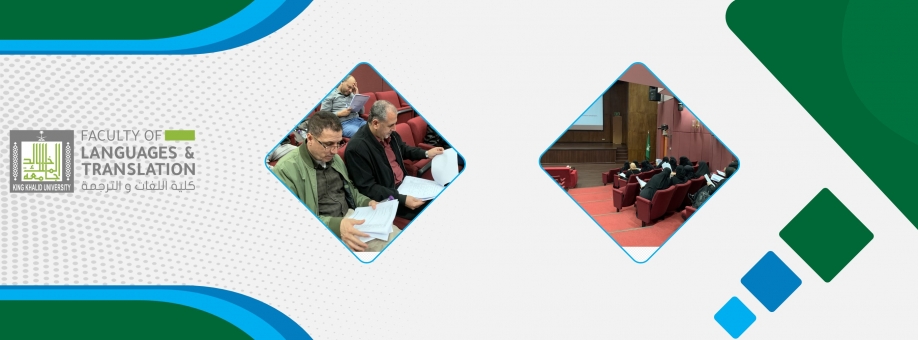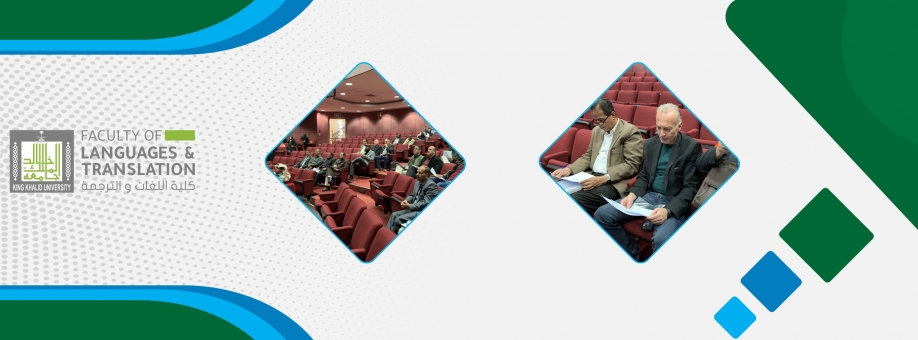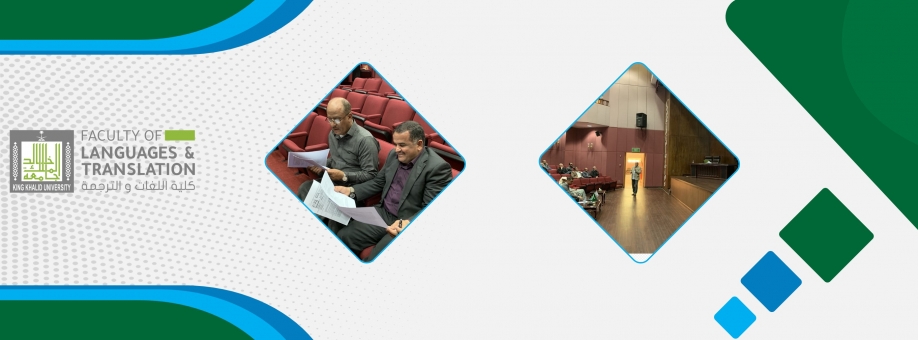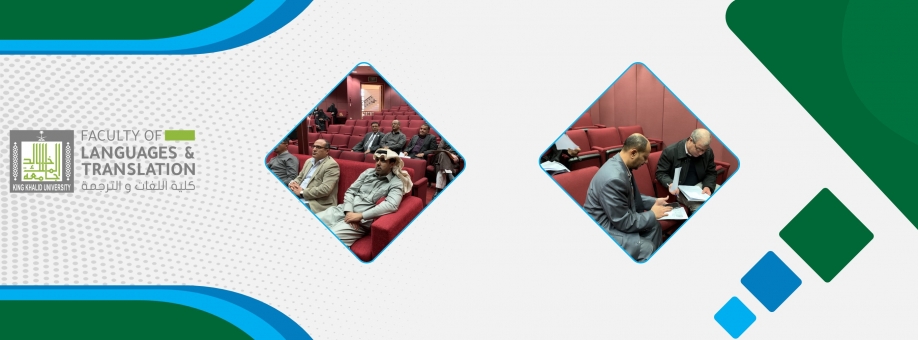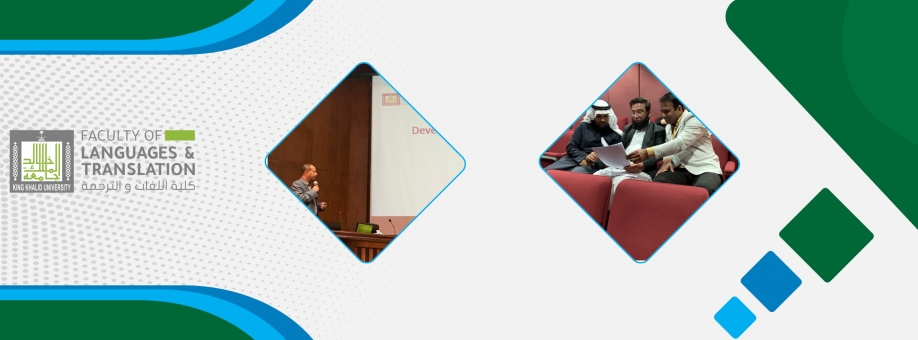A Professional Approach to Reducing Stress Involved in Course Report Writing
Mr. Mohammad Adil conducted a very effective workshop focusing on stress management which was titled A Professional Approach to Reducing Stress Involved in Course Report Writing, on November 10, 2021. The workshop was organized by the Language Research Center. The trainer, along with some basics of course report writing, particularly emphasized how to lessen stress many teachers experience before course report submission. He also emphasized that a professional approach to handling this course report task can easily reduce stress to a great extent.
The session included some brainstorming tasks for the participants. The tasks were based on the relationship between a course coordinator and instructors and how a wrong approach to designing an examination or a quiz could lead to unnecessary stress. In response to the tasks, the participants shared some thought-provoking ideas that every teacher must think of. For example, changing our mentality helps a great deal. We all should avoid downplaying the course report writing job and therefore consider it as an important one.
The trainer emphasized being proactive and working on the report ahead of time, preferably during the semester, not after the final examination. He also showed some examples of how tests, quizzes, and tasks could be aligned with the course learning outcomes in advance and how it could help design tests in a more effective way, eventually reducing stress most teachers experience at the end of every semester.
As regards Course Learning Outcomes (CLO) measurement, the trainer primarily emphasized the "Values" domain, which many instructors have experienced difficulties with. He showed a sample of a survey form that could be used in class to measure the CLOs under "Values".
Adil concluded that we, the instructors, especially the coordinators, work ahead of time by being proactive by designing and aligning. The coordinators should avoid burdening the instructors with tasks they can do easily alone. Also, the instructors should cooperate as well by being available to the coordinator.
The workshop was very engaging and a great success. Please click here to view the workshop booklet.
Date: 11/12/2021
Source: Faculty of Languages and Translation

